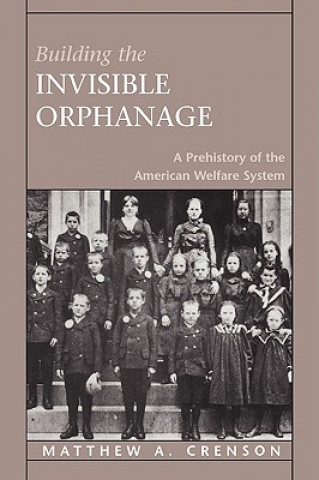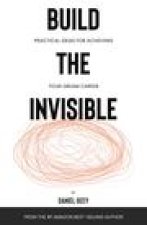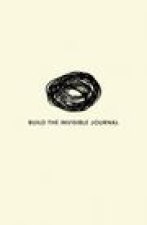
Dostava
Savjetnik za kupnju





Proizvod vam ne odgovara? Nema veze! Možete nam vratiti unutar 30 dana
 Poklon bon
u bilo kojoj vrijednosti
Poklon bon
u bilo kojoj vrijednosti
S poklon bonom ne možete pogriješiti. Za poklon bon primatelj može odabrati bilo što iz naše ponude.
Building the Invisible Orphanage
 Engleski
Engleski
 146 b
146 b
30 dana za povrat kupljenih proizvoda
Moglo bi vas zanimati i


In 1996, America abolished its long-standing welfare systems in favour of a new and largely untried public assistance programme. Welfare as America knew it arose in turn from a previous generation's rejection of an even earlier system of aid. That generation introduced welfare in order to eliminate orphanages. This text examines the connection between the decline of the orphanage and the rise of welfare. Matthew Crenson argues that the prehistory of the welfare system was played out not on the stage of national politics or class conflict but in the micropolitics of institutional management. New arrangements for child welfare policy emerged gradually as superintendents, visiting agents, and charity officials responded to the difficulties that they encountered in running orphanages or creating systems that served as alternatives to institutional care. Crenson also follows the decades-long debate about the relative merits of family care or institutional care for dependent children. Leaving poor children at home with their mothers emerged as the most generally acceptable alternative to the orphanage, along with an ambitious new conception of social reform. Instead of sheltering vulnerable children in institutions designed to transform them into virtuous citizens, the reformers of the Progressive Era tried to integrate poor children into the larger society, while protecting them from its perils.
Informacije o knjizi
 Engleski
Engleski




 Kako kupovati
Kako kupovati


























